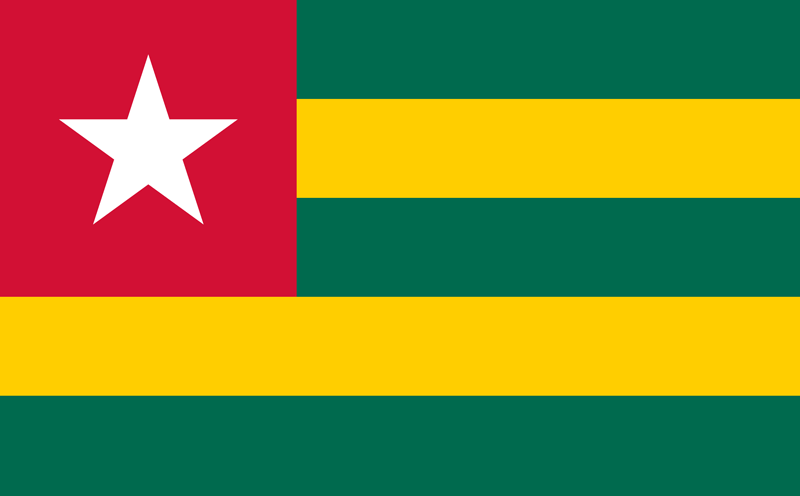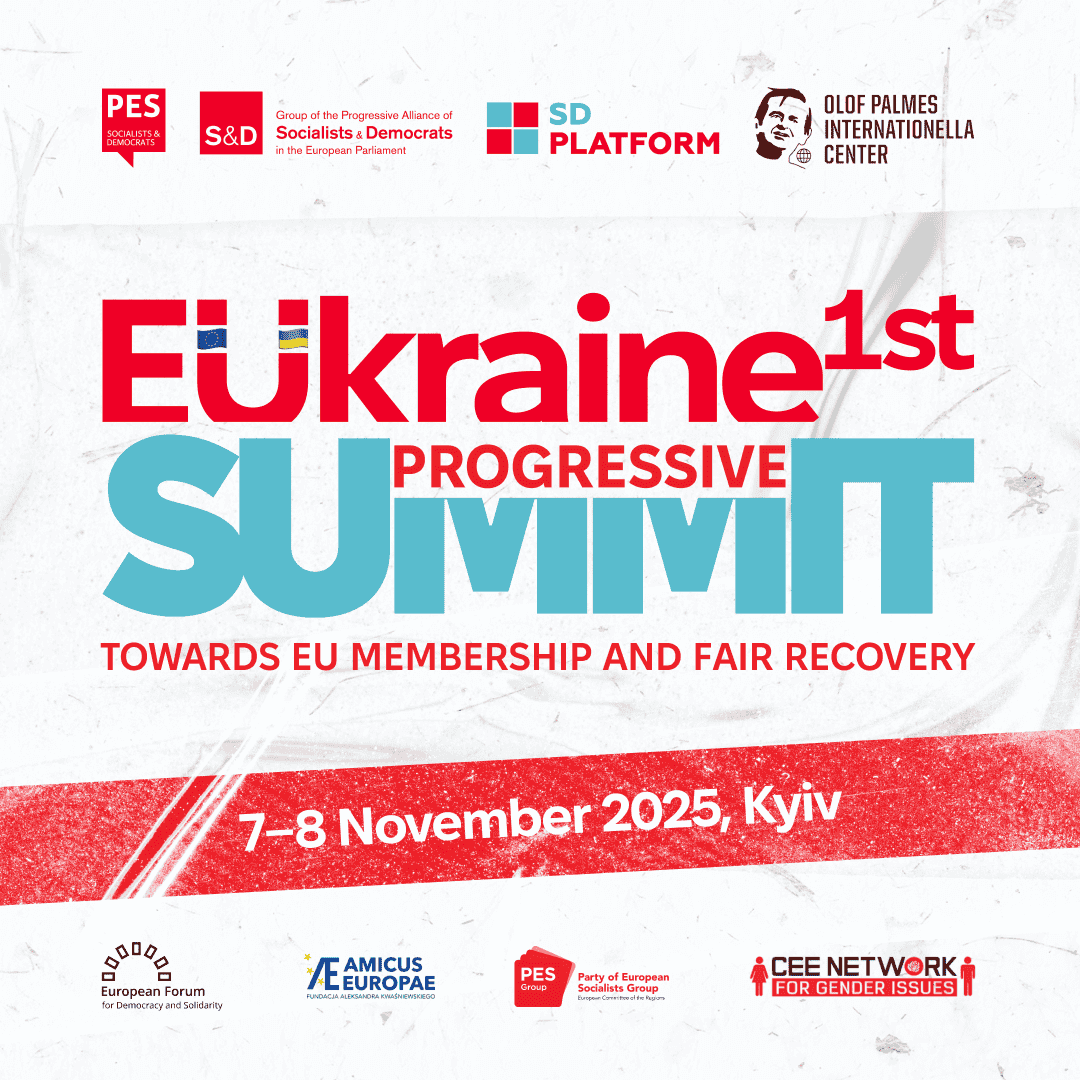Last Saturday, the 22nd of February, presidential elections were held in Togo. Despite many protests, current president Faure Eyadéma was re-elected, continuing the already 53-year rule of the Eyadéma family. Although the run up to the elections was quite chaotic, the election day was relatively calm. However, noticeable was the fact that 500 civil society observers lost their accreditation, as they were accused of interfering in the electoral process. This was in addition to 9000 observers from the Episcopal Council for Justice and Peace who were also not allowed to monitor the votes. The diaspora was also near excluded from the vote, only 348 voters of a potential 1 million were registered. The elections served as a good chance to update our knowledge on this country in West-Africa. We were therefore happy to speak with Kwassi Patrick Dadzie, general coordinator of Togo Focus, on the political situation in his country.
Togo’s eventful history
Kwassi, and Togo Focus, try to increase the knowledge in Europe on what is happening in Togo, as the country is not being extensively covered by the media. The Togolese Republic (Togo) was proclaimed in 1960, after it had been colonised by Germany, Great Britain and France. The 1961 elections, the first one as an independent country, established a presidential form of government. Sylvanus Olympio of the Togolese National Unity Party was elected as first president. His increasing harsh rule and policy of fiscal austerity eventually led to a military coup led by Étienne Eyadéma in 1963. During this coup Olympio was assassinated. Nicolas Grunitzky became the new president and was in power until 1967
The Eyadéma dynasty – a stranglehold on power
In 1967, Eyadéma committed a new and bloodless coup and ousted Grunitzky. Following the coup, all political parties were banned and constitutional processes were suspended. The country transformed into a civilian one-party rule, headed by Eyadéma himself as president. He ruled the country for 38 years, until 2005. After his death, his son, Faure Eyadéma, took over power. His rule still continues today and since a constitutional revision adopted in 2019, Eyadéma will likely benefit from lifelong immunity committed during his reign. Kwassi expressed his worries about this to us: “In Togo, there is a lack of a proper rule of law, and democracy is absent. The regime no longer tortures systematically or assassinates opponents, but civilian freedoms, liberties and fundamental values are highly restricted”.
A long road ahead
On the Monday after the presidential elections, the national electoral commission declared that Gnassingbé won the first round of the elections with a large majority of 72% of the votes. Although these are not yet the official results, it looks like he is re-elected for a fourth term, an extension of his already 15-year rule, and the continuation of a family dynasty that began when his father took power 53 years ago. According to Kwassi, the situation in Togo “requires the attention of the EU. They cannot and may not turn a blind eye to it”. In the opinion of Togo Focus, the officially proclaimed results are not credible and do not relflect the will of the Togolese people. The opposition leader Agbéyomé Kodjo, also accused the authorities of widespread fraud, as fake polling stations were set up. During his press conference, he claimed to be the winner of the elections. He called on the international community: “to support the Togolese in their fight for a peaceful change in power”. However, it seems unlikely that Kodjo will be declared president.




